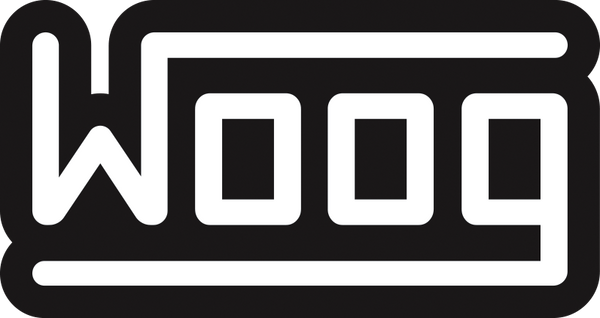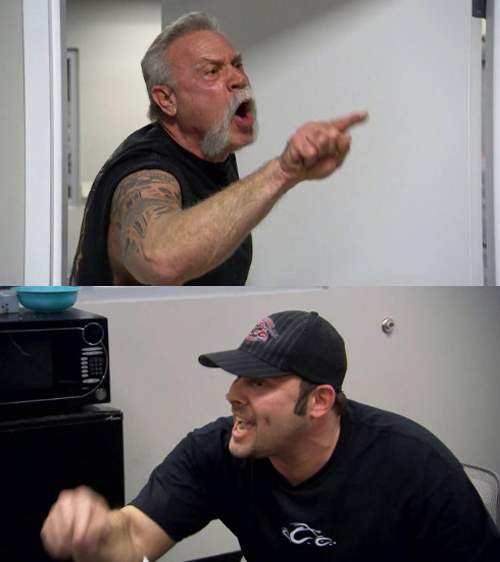Are we witnessing the death of the traditional employer/employee relationship?
Is leveraging human labor becoming a thing of the past?
People are Realizing Their Potential
As people begin to value their time more and more, it seems like they’re starting to wake up to the fact that they have so much opportunity to build something of their own. That it's possible to spend their precious hours working towards a goal that they actually have ownership in. That they can make more money working less, on things they’re actually passionate about and interested in. Things they’re naturally curious about and good at. They’re realizing they were meant for so much more than trading their hours for pay while they work towards building someone else’s dream.
They have dreams of their own…
All of the knowledge and skill sharing we could ever want is right at our fingertips. There’s never been more opportunity to make a living doing what we’re excited about and naturally drawn to. It’s becoming harder to justify trading our hours for money.
The Landscape Has Changed
Technology and social media have changed the landscape of the professional work environment. Zoom calls, remote work and online businesses have become more the norm. People are feeling less trapped into clogging to work everyday at a physical location. Doing less sitting in traffic, wasting their time on a commute. Potential candidates are valuing higher compensation and flexibility more than ever. Nearly 3/4 of job seekers want either fully remote or some sort of hybrid work option. Ideally, they want complete autonomy in what they work on and towards.
Employers are struggling to keep up with candidate’s increasing expectations and priorities.
It’s getting too expensive for employers to pay good employees what they’re worth. Especially since employees are realizing they have so many more options. There’s an increasing gap between what employers are willing and able to pay and what potential employees feel their time is worth. Not only that, the rising cost of living isn’t giving workers much of a choice, even if they were willing to trade their hours for the agreed wages.
Between 1979 and 2022, the gap between worker productivity and compensation has increased dramatically. In fact, productivity has grown 4.4x as much as wages have. Net productivity increased by 61.8%, while the hourly wages of average workers saw much slower growth of 17.5% (adjusted for inflation) over the last forty years.
Every job that humans don’t want to do anymore will be replaced, self cleaning toilets, floor cleaning robots, those types of tasks will be automated. If it can be trained, a machine or computer will eventually be performing it. Companies are going to automate jobs that they’re just not willing to pay a human to do anymore, especially at the wages the workers would be willing to accept.
The Jig is Up
The jig is up on traditional employment. Employees have more leverage and negotiating power. The “one path” to success has been proven to be a lie. People don’t want to work for low wages building someone else’s dream. Potential workers don’t need to depend on an apprenticeship or internship to learn the skills or make the connections they need to pursue the type of work they’re interested in. It’s all at their fingertips. They can learn a skill, create a network and market that skill right from their own home, on their own time.
Newer generations are also realizing that for the vast majority of industries and fields of work, college is a complete waste of time, energy and money. Those four to eight years would be better spent starting and building a business of their own. For everything they need to know, for every skill they need to learn, there’s someone out there teaching it for free.
Where We're Headed
It looks to me that we’re headed in a direction that people are going to be compensated based on their output, rather than their input. Meaning, they will get paid for the quality and the impact of their work, rather than the hours they put into it. They will be paid for their knowledge and ideas.
I think (I hope) that ultimately we will see the resurgence of the small, family owned business. But in a different capacity. In more creative and knowledge based industries doing what they really enjoy, building something of their own. People will be working as smaller, tighter knit teams. Even the employees of that team will eventually go on to build their own businesses after learning the ropes. It will be a right of passage.
In the End
In short, employers just don’t have the leverage they used to in the employer/employee relationship. It used to be they had most of, if not all the power when it came to making the rules, determining pay rates and setting expectations for their workers. All that has seemed to change rapidly with the advancement of technology and networking. Potential earners are no longer at the mercy of companies who have a “take it or leave it”, “my way or the highway” mentality. Employers are having to become more flexible and competitive when it comes to employee benefits and compensation.
But I still don’t think it will be enough.
There will be too much of a gap between wages employers are willing to pay and wages potential employees are willing to accept.
There’s a lot of opportunity in this shift for the average American, I don’t see it as a bad thing.

